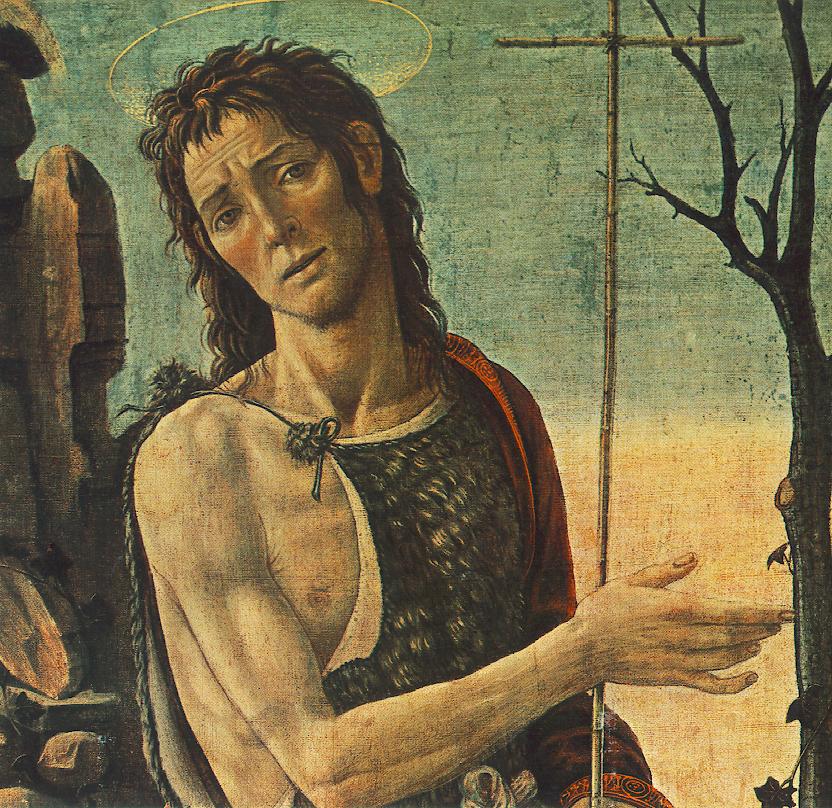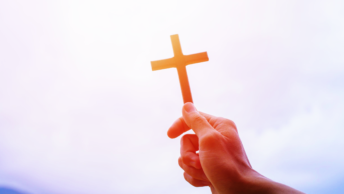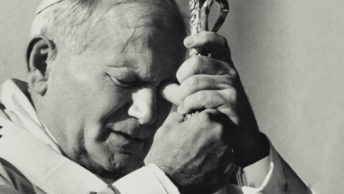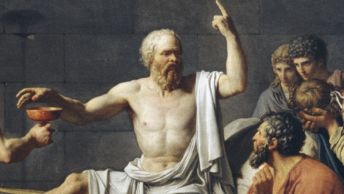Over the years, as I have spoken with others regarding their family background, I have always found it interesting to note the ways in which one individual within a family plays the role of linchpin. In other words, they occupy the role of unifier. Whether that person is a mother or father, grandmother or grandfather, uncle or aunt, there is generally one person in every family whom others may consistently rely upon to gather the family together for the holidays or special occasions; to provide encouragement when times are tough; or to simply be that “voice of reason” when life seems unreasonable.
In my own family, that person was my grandfather. For whatever reason, he was counted upon to gather the troops together each Sunday. And whether he realized it or not (although I suspect that he did), when the others knew that he was going to be there, they would follow. As my family’s linchpin and unifier, others viewed him as “old reliable” and looked to him for assurance, guidance, and stability.
I remember that upon his death, something dramatic happened. In the months and years that followed, no person in the family assumed his role. And with his absence, a great vacuum occurred. The traditional Sunday meals and family visits that had always gone off like clockwork gave way to annual events. And over time, they became a rarity, if they even happened at all.
On this Third Sunday of Advent, these images of linchpin or unifier is uniquely present in the person of St. John the Baptist. As we are aware, The Baptist is a great biblical figure in Salvation history. Early in John’s life, we are told that at the Visitation of the Blessed Virgin Mary, our Lord presented Himself to him in a rather unique way. While in the womb of his mother, St. John the Baptist is said to have sensed the Lord’s presence (who was also In utero) as the Blessed Mother approached his mother, Elizabeth. And what did he do?
He leaped with joy!
Years later, in the presence of those who had been sent to interrogate him, this final prophet of ancient Israel publicly proclaimed that he was the one mentioned by the great prophet Isaiah (40:3):
I am the voice of one crying out in the desert, make straight the way of the Lord
After generations of prophets and holy people pointing out to the chosen people that a Savior was to come, it was now John’s role to both separate and bridge the Old and New Testaments. It was his voice that would declare to others that “Behold, the Lamb of God, who takes away the sin of the world” (Jn 1:29) was on the scene. It was Jesus’ time to ascend and John’s turn to descend. Now was the time for the fullness of God’s action on earth to take root.
As we move through this season of Advent and toward the joy of Christmas, I often wonder if we consider ourselves as a type of John the Baptist? Unlike John, most of us do not wear clothing made with camel’s hair or eat locusts and wild honey (at least I hope not.) (Mt 3:4). Nevertheless, we are called to speak to others about the Lord, who is the Truth. By our words and actions, we are called to go out into a world filled with many voices and prophetically lead others toward the ONLY voice that matters: Jesus. For it is His voice that heals, forgives, and unifies. During his papacy, Blessed John Paul II continually reminded us to “be not afraid” to make the Lord known to every human person. Whether that comes from a simple invitation to pray with someone, or to pray a blessing before meals, or make the Sign of the Cross in order that others might see our witness to the Lord. In whatever ways that our prophetic actions transpire, each of us is uniquely called to make known the presence of the Lord to one another. In closing, I would like to tell one of my own that happened this past week.
As some of you may know, for the past twenty years I have taught courses in economics at a large university. Because of the great diversity of my classes, I have always been hesitant to “get religious” with them. At the onset of the course, however, I always tell them that I am not only a professor but also a Catholic deacon. Last week, prior to passing out the exams, I decided to wish them a happy and holy Merry Christmas. After doing so, I gulped and wondered at the trouble that I had just created for myself. But to my amazement, the reaction was very positive. At the end of the exam, to my surprise, as each student handed me their exam, nearly all of them, Jewish and Muslim students included, wished me a Merry Christmas. Not a bad result, I thought, for stepping out into the great unknown.
In the end, although the Lord has not appointed us to be that “voice crying out in the wilderness,” through our baptism, He has appointed you and me to testify to the light of God’s love in order that we might be a beacon in the darkness. Our mission is reflected in the dismissal rite at Mass when the priest or deacon says:
Go and announce the Gospel of the Lord.
We do this through our words and actions that promote peace, how we care for the poor, how we reconcile in the family, and how we get the good news to the weary. As we go forth, we should ponder this question:
When others see us coming, do they also see us as a joy-filled apostle of the “Good News” ? If so, then rejoice. If not, then reconsider.








